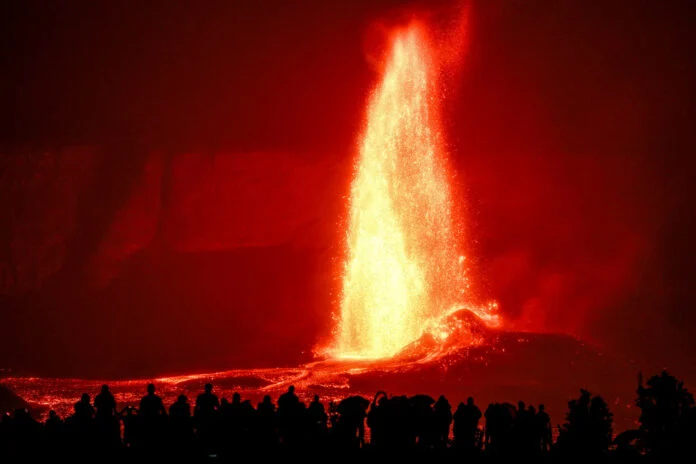Volcanic eruptions have had profound effects on ancient civilizations, shaping their development, destruction, and even cultural narratives. Two of the most significant eruptions in history—Thera (Santorini) and Vesuvius—provide compelling archaeological evidence of how natural disasters influenced human societies.
The Eruption of Thera and the Minoan Civilization
The eruption of Thera, estimated to have occurred around 1600 BCE, was one of the most powerful volcanic events in recorded history. Centered on the island of Santorini, the explosion released immense amounts of ash and pumice, leading to massive tsunamis that impacted the Minoan civilization on Crete. Archaeological findings suggest that Akrotiri, a prominent Minoan settlement, was buried under layers of volcanic ash, preserving frescoes, pottery, and architectural structures in remarkable detail. Some scholars argue that the devastation caused by Thera contributed to the decline of the Minoans, making them vulnerable to later invasions by the Mycenaeans.
The Destruction of Pompeii and Herculaneum
In 79 CE, Mount Vesuvius erupted with catastrophic force, burying the Roman cities of Pompeii and Herculaneum under meters of ash and pyroclastic flows. The sudden nature of the disaster preserved buildings, artifacts, and even the remains of people, providing an unprecedented snapshot of daily life in the Roman world. Archaeological excavations have revealed intricate mosaics, well-preserved frescoes, and carbonized food, offering insight into the economy, diet, and social structures of the time. The eruption also had lasting effects on Roman society, highlighting the vulnerability of even the most advanced civilizations to natural disasters.
Archaeological Evidence and Cultural Impact
The preserved sites of Akrotiri, Pompeii, and Herculaneum serve as crucial sources of historical knowledge, allowing researchers to reconstruct ancient urban planning, art, and daily routines. Additionally, these volcanic disasters influenced myths and legends; some speculate that the destruction of Thera inspired the story of Atlantis, while Pompeii’s tragic end has been immortalized in literature and art.
Conclusion
Volcanic eruptions have left lasting marks on ancient civilizations, both through immediate destruction and long-term cultural impact. The study of these events through archaeology provides invaluable insights into how societies responded to and recovered from natural catastrophes, shaping the course of history.







